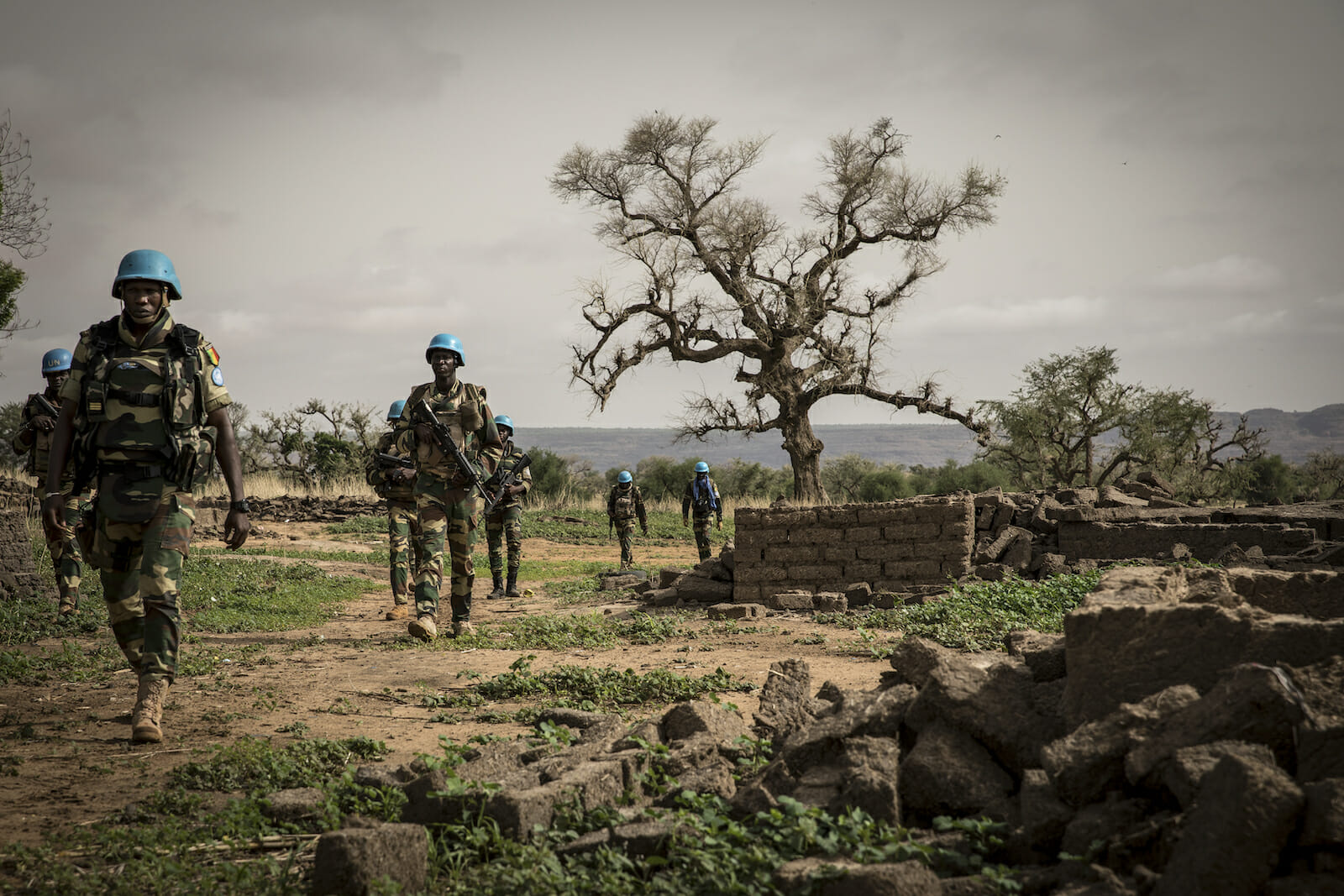
All Eyes on Mali
The phrase coup d’état has become synonymous with the African continent. For Africa, liberty has not been equitable. While Western pundits often use Africa as the benchmark for political failure, there is budding hope for democracy. “Real democracy doesn’t go with complacency, nor weakness of the state authority, which must guarantee freedom and security of the people,” says Ismael Wague, a spokesman for the National Committee for the Salvation of the People, the coup-makers who ousted Mali’s president, Ibrahim Boubacar Keita.
Mali is at a critical turning point. Global backlash over a pro-democratic coup threatens the future viability of the Malian people and counter-terrorism operations. The circumstances are the same among regional actors. Cautious optimism is needed. The United States and France have been delivered a new opportunity to advance security interests and defeat Al-Qaeda in West Africa.
Colonialism and Corruption
Mali is a country of rich history. It has been a focal point for West African trade, culture, and governance for hundreds of years. It shares continental commonality that transcends extreme points of diversity. Colonialism is a shared characteristic among most African states. The Berlin Conference of 1884 saw Mali carved up into the French Sudan. In 1960, French Sudan gained independence and dissolved into the regional bodies seen today. As is the story of most post-colonial societies, leftist authoritarianism filled a vacuum created by independence.
The Coup
The 2020 Malian coup is a similar story. The preceding protests were a result of corruption and willful incompetence by Mali’s president, Ibrahim Boubacar Keita. The northern Malian countryside has been riddled with conflict. The ongoing war and skirmishes with Islamic insurgents has left countless dead and afraid. Violence is endemic. Concurrently, the COVID-19 pandemic called into question Keita’s competence in handling the virus. According to a June WHO report, Mali had seen over 1,200 new cases through widespread community transmission.
The 2020 election was the final straw. Violent protests ensued as Keita oversaw a fraudulent re-election process. The election was fraught with accusations of fraud and voter suppression. Violent government repression of election protests led to immediate demands for the removal of Keita. Cheick Sissoko, an opposition party leader with the June 5th movement, revealed “Demonstrators were killed with live bullets by the counterterrorism forces that should be on the front lines fighting terrorists. Instead, they’re deployed to kill people who demand justice.” The unrest culminated with the forced removal of Keita in August. The military, led by popular insurrection, had toppled the Malian government.
Global Backlash
In the aftermath of the coup, widespread condemnation was bestowed upon the junta. The international response was overwhelmingly negative. The Malian people watched as calls to cut ties with the new Malian military were widespread and unwavering. The United States and France have a vested interest in Malian stability. The coup threatens bilateral efforts on behalf of the two countries in combatting the spread of Al-Qaeda backed terrorism in West Africa. Senate Foreign Relations Chairman James Risch is right in asserting that constitutional order must be restored, but it is critical to listen to the people of Mali or face further regional destabilization.
The United States and Europe must work with popular backed governments to produce internal satisfaction. There is a golden opportunity to support change. Mali can become a pillar of African democracy. More importantly, a stable regional companion in combatting terrorism. However, cutting it off from the necessary aid it needs to fight terrorism is counterintuitive. There is a vested U.S. and French national security interest in assisting the Malian military in establishing a new and free constitution.
Cautious Optimism
The military junta delivered an interim president. In Bah Ndaw’s inauguration speech, he promised to fight corruption, protect the wellbeing of civilians from police, and continue the fight against terrorism. Ndaw has promised to continue the “merciless war” against Al Qaeda while also memorializing those who have fallen in fighting the terrorists. To the United States and France, this should be welcomed rhetoric.
The new government is also a blend of diversity. It encompasses military, civilian, religious, and ethnic minorities. The appointment of Tuareg minorities in the Malian government is reassuring. The previous government had been in direct conflict with Tuareg rebels in northern Mali. Attempts of political representation is a high note for stabilization.
ECOWAS lifted sanctions on the new government. The junta had successfully set up a civilian backed transitional government as well as the release of political prisoners. The United States recognized this progress. The U.S. State Department stated that “we firmly believe that a democratic, prosperous, and secure Mali is essential to the future of the Sahel region.”
What’s Next?
Mali is an emerging partner in West Africa for combatting Al-Qaeda. Mali’s political agenda involves stabilization, democratization, and defeating terrorism within its borders. The possibilities for collaborative efforts to combat terrorism have emerged. Mali is slowly embracing Western ideals of liberty, equal representation, and democracy. Will we embrace them in return?
